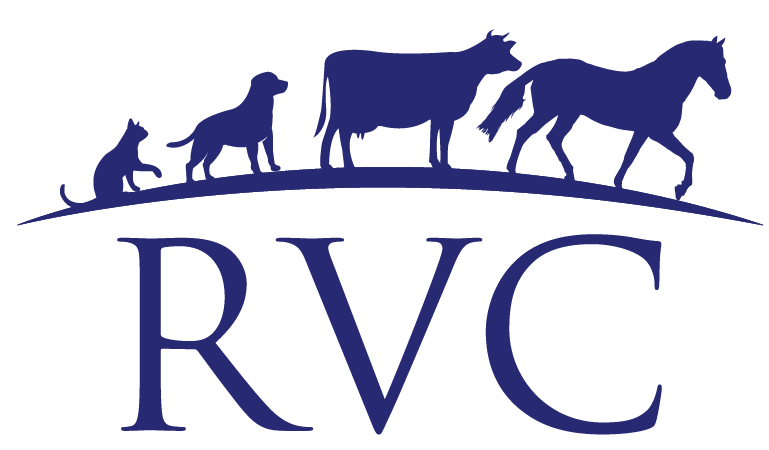Flystrike
What is flystrike and how does it happen?
Flystrike occurs when flies lay eggs on dirty and dagged areas of the sheep’s fleece. Blowflies are particularly attracted to the dirty areas of fleece; the areas that are urine stained or dagged.
These eggs hatch into maggots. As they eat at the sheep, they erode skin, muscle and tissue and release toxins which can then spread around the body. As this process progresses more flies are attracted to the damaged area, which only makes the problem worse.
What are the Symptoms?
Sheep may appear irritated, restless and may not be eating properly in the early stages of the disease. Some animals may not show any signs until a large amount of damage has been done. The wool will only fall out later in the process, and then skin blackening and sores with a foul odour may become visible. Maggots can be physically seen with the human eye on the animals.
How can we treat it?
Once you notice your sheep has become flystruck, treatment should be initiated immediately. Ring your vet if your sheep is dull and lethargic, otherwise:
Move your sheep to a small pen or yard: this makes it easy to monitor your sheep. Provide plenty of water and feed as well as shelter.
Clip and clean the area: a wide clip beyond the affected area is needed, as sometimes eggs and maggots can be hidden within the wool outside the edges.
Clean and remove any maggots and eggs that remain.
Products available for purchase from the clinic that you can use in the case of flystrike:
- Cyrex- Zapp Encore
- Maggo
How can we prevent it?
Because blowflies love to lay eggs on the dirty areas of fleece the key to preventing flystrike is shearing your sheep. Keeping a short clean fleece reduces dags and areas in the wool that a fly can lay eggs in.
Appropriate preventative flystrike products can also be used before the risk period to help prevent flystrike. We recommend Cyrex as a preventative treatment to use just before the risk period (December).
An appropriate drenching program is also part of a good control program. Keeping worms down reduces diarrhoea in your flock and leads to less daggy animals.
If you have any questions or to discuss a preventative treatment plan get in touch on 03 313 7438




